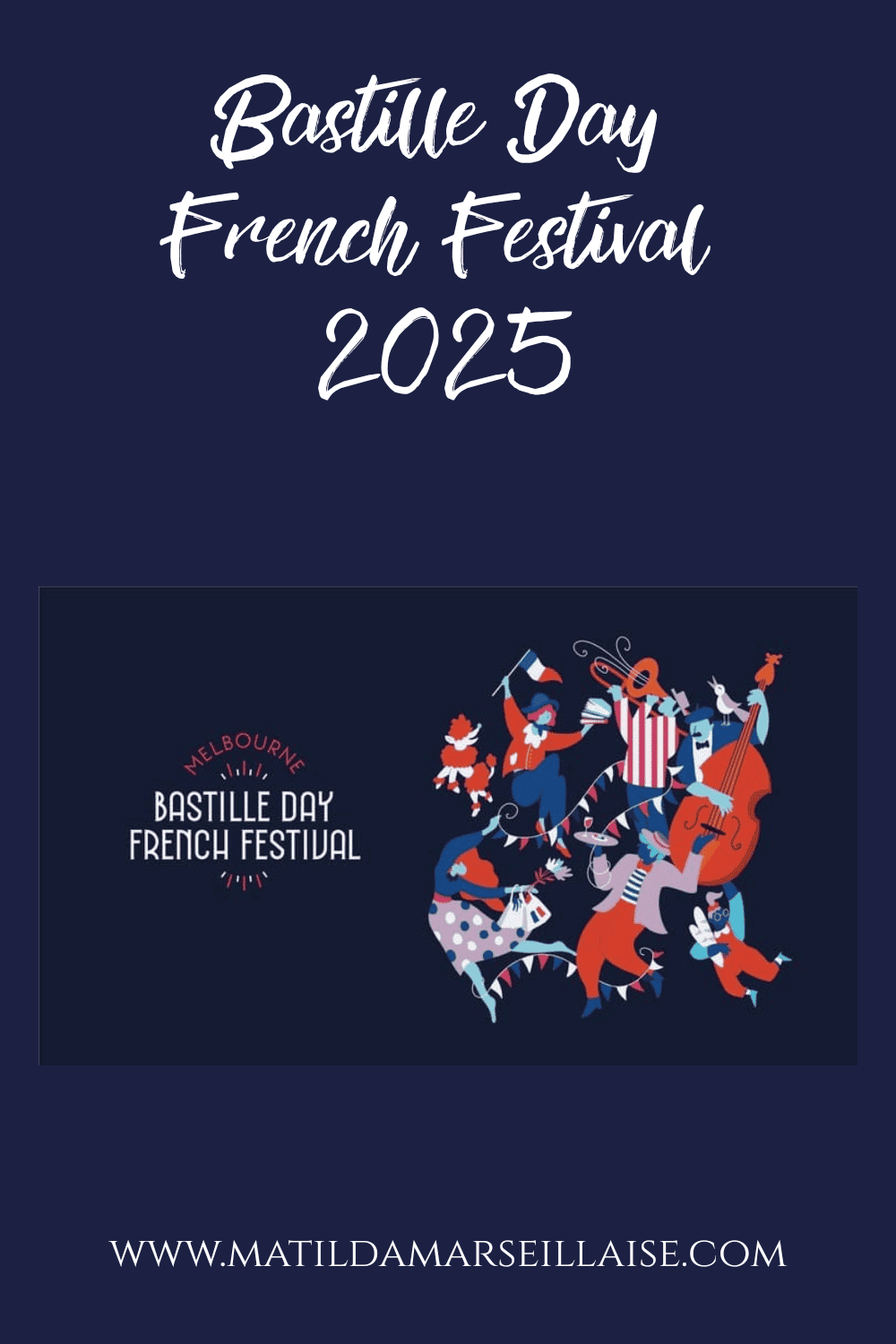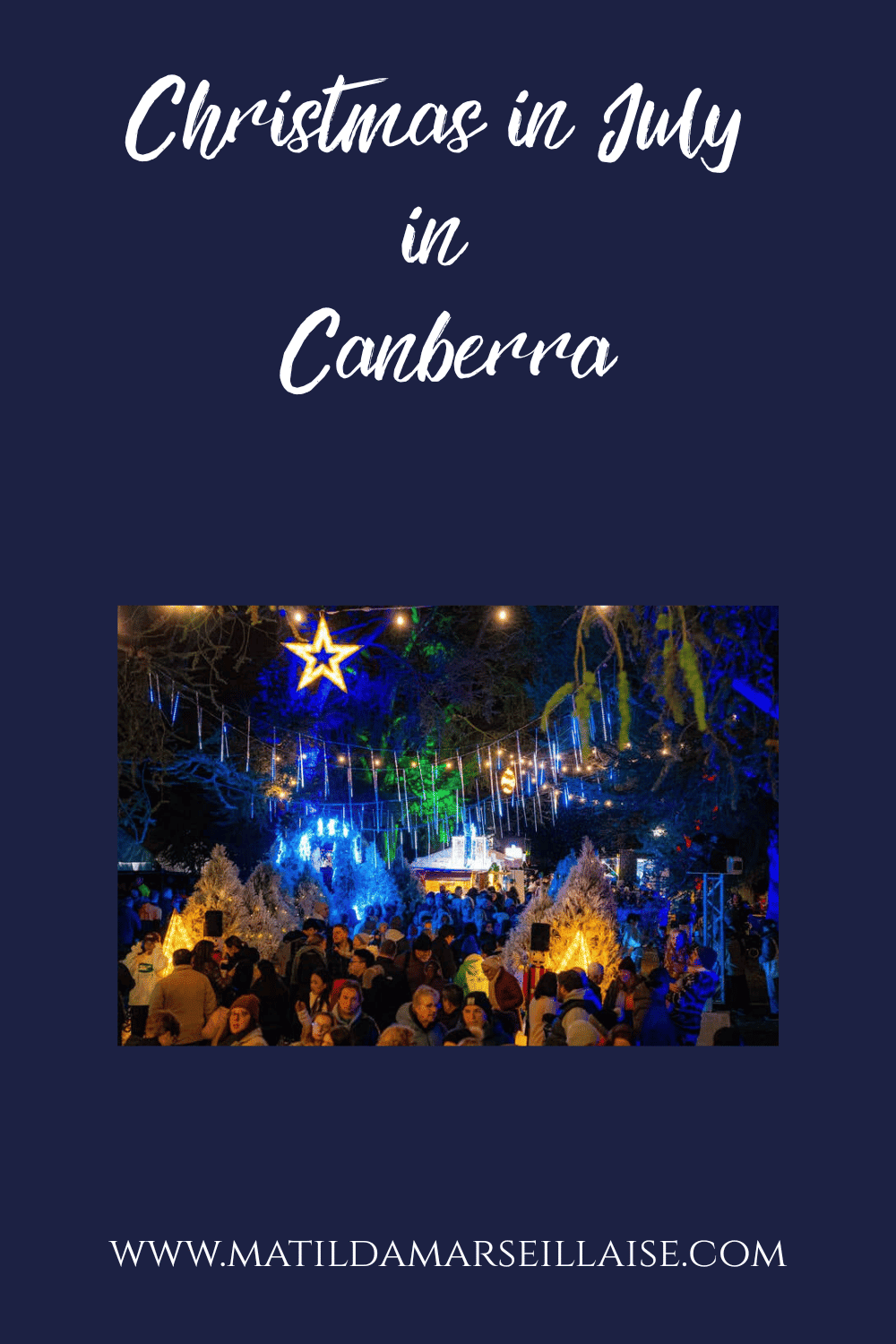Interview with Féfé during his showcases in Australia to promote So Frenchy So Chic which is on in Adelaide, Melbourne and Sydney in January 2018.
In other interviews you have done regarding your latest album “Mauve”, you said that you now accept the positive and negative. How do you accept negative things?
I face them. If there is a problem, I face it. I don’t know how to get around it or whatever it may be. It’s what you do with this negative thing. That’s what is interesting. Negative things have sometimes happened to me and I have made an effort and taken lessons from them, and that’s how I turn these things around.
So it’s what we do with these negative things? How we react?
Yes, it’s how we react, how we take them. There are many choices – something negative happens and we can complain “why did it happen to me? It’s not fair, I deserve better” or we can say “well perhaps there is a lesson to learn from this” and then it turns into a positive because at that moment, you have grown and you have learned something.

You also said that you didn’t have as much success with your second album and that you had the blues, which we of course need along with rose to have mauve. So how did you turn that around to have an album, which is already, I think, a success?
That’s kind. It was during my travels, when I was tracing the path of the Yoruba people. I was in Cuba, Brazil and Nigeria, watching people, speaking to people, and in meeting people that I learned this lesson. “Really, what are you complaining about?!” And in any event life is simple. It’s not all rose, that wouldn’t even be interesting. That’s not even the goal.
We each have a path, a sort of path, a journey, so we have to accept it and once we do, we can move on faster. We waste less time. Then, we don’t pity ourselves; we analyse and we advance. It’s in having contact with people, that I saw, whether it be in the favelas [Brazilian shanty towns], whether it be children, that there is always this desire to move forward, no mattter what happens.
You have so much energy when you are on stage and the power to make people dance no matter what age or what temperature – a few years ago in Sydney at So Frenchy So Chic, it was 40°C and we were boiling hot but still danced, or in Adelaide last Friday, with a little rain, we danced regardless. What do you do to keep yourself so energised?
I try to remember, and I do, that I live in the present moment. That’s it. It’s just a moment, it can stop at the end of the show, I can leave, I can disappear. I try to have fun – it’s really as simple as that.
And even more impressive with the jetlag – to perform 3 nights in a row starting the night after you arrived in Australia –
It’s true that I was a bit tired but I’m lucky that when people give me energy, I receive it back. As in I do things, I do what I can, I give what I have to give, and when people —
So the energy is contagious?
Yes, that’s right – it’s the exchange of energy, I give it out to begin with, people give it back, I give it back to them, they give it back to me. It’s a really healthy thing.
When I think of rap, I don’t think of your style of music. Personally, I have always hated rap music because of the mysoginistic lyrics and the elements of violence. How have you had such success as a rapper without being a rapper of that genre?
I don’t know. I know that it is true. I was in a group before called the Saïan Supa Crew. It was a hip-hop group and even back then everyone said “well you’re not rappers anyway” and each time I would ask “why not?” They would respond “Because rappers are mean, they’re this and they’re that”. I think that the definition of rapper is not yet complete. People live in a fantasy, even rappers are in a fantasy you shouldn’t believe. Not everyone has a gun. It’s a lie. Maybe it’s true in the United States.
For me, having lived in the suburbs (en banlieue), I never found that this kind of image served us well. I don’t want the youth in my area, because we are always going to play the big brother role, to say “but it’s cool to be a gangster”. I never wanted to tell them that. Instead, I wanted to tell them “listen it’s not going to be easy but it’s the way it is“. We’re going to have to push on, to fight against others and to motivate them that way. Gangsters, yes, they exist but it’s exoticism. I don’t know, it’s in the films. Yes,there are gangsters in the suburbs, of course, but I never wanted to put that at the forefront. I never wanted to be a gangster.
Yes! I have difficulty imagining you as a gangster!
Yes, it’s never been my thing. You see, in the suburbs there are lots of people for whom it’s not their thing either. It’s not their thing for the the majority of people in the suburbs. Their thing is to go to school, to work, to do what they can, to get by and the problem that we have is that all it takes is for 10 people to shout and 100 who are silent, and we only see the 10 who are shouting. It’s the same in rap, there has been a belief that in order to be a rapper you must be a bandit. It’s nonsense. It’s not at all the same thing. Rap is a form of expression, it’s an artform. I’ve always treated it as such, and not just like an attitude.
And in your music, you have the power to express difficult things but without being depressing. People who don’t speak French who are listening to your music would have no idea that you are speaking about those sorts of things.
Yes, I know. It’s me, I’m modest I think. Sometimes, I don’t feel like telling a sad story with a sad song. I find that it’s too, “pfft, okay, we’ve understood!” In addition, there was already a bit of “Mauve” before making the album “Mauve“. I was already trying to tell sad stories against driving rhythms. It’s my way of trying to put rose into the blues. And the blues into the rose, it’s just like that. I think that it is the closest to reality, a truth, an objectivity. That’s my thing.
And in your album “Mauve” there are messages of hope or messages of “all will be okay, it’s all going to be okay, we are just as strong“. What is your favourite song on the album?
I think that it is “Aussi Fort” – I think that is has something – for different reasons – I find that it is well made, I find it stands out, and that this song is going to age well – I just feel it. Also because of the message, because the song has a story… I wrote it in one go, the voices that we hear are the voices that I laid on when I was going to finish writing it, and I am really happy that this song touches people. I see it in concert – it’s incredible! The song isn’t played on the radio, but it touches people. It makes me happy to see that my music can still do that.
And it’s also the first song on the album – a very good start to the album. It makes you smile, it gives hope.
That’s exactly right. I wanted that it gives hope, it opens you up… and there you go.
And finally, what can people who have not seen you before expect from your So Frenchy So Chic performances?
I want to say a communion. That’s what I try to do. When everyone comes together and forgets themselves for a moment and we are all one. It’s that.
Féfé will perform along with Juniore, L.E.J, General Elektrics in all 3 cities and also with Frànçois & the Atlas Mountains in Melbourne and Sydney. Buy your tickets now – limited first release tickets left.




